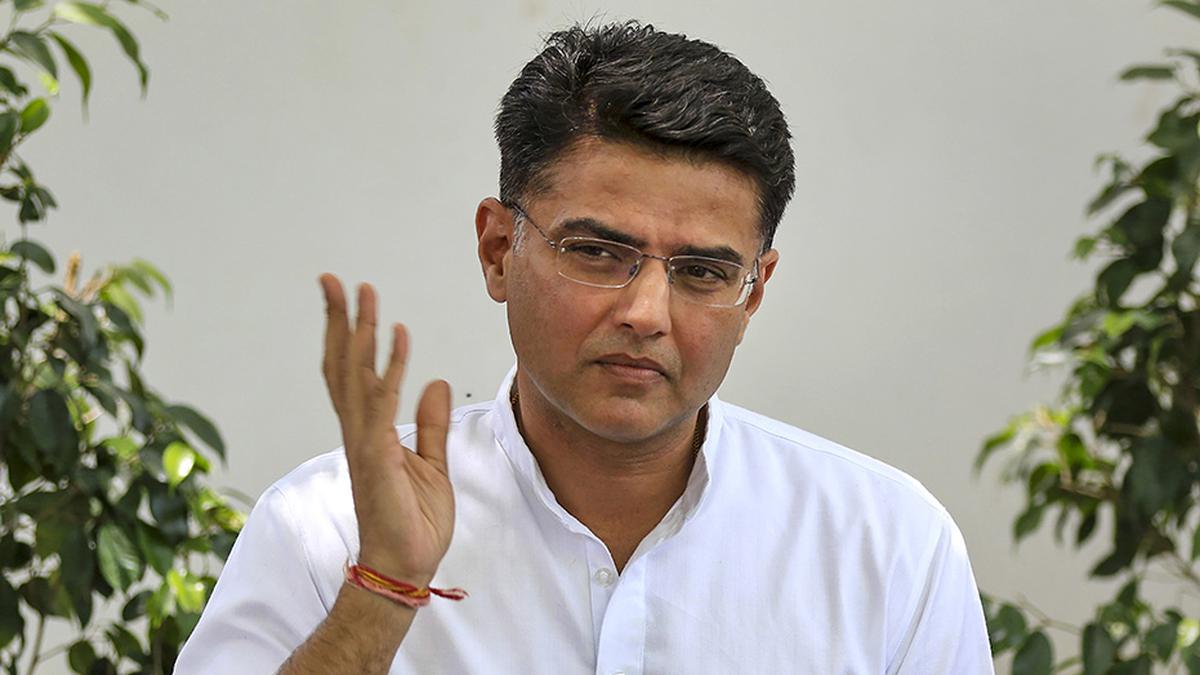Karnataka government has provided relief to apartment communities in areas with Under Ground Drainage (UGD) lines, essentially the core city, by amending rules for in-situ Sewage Treatment Plants (STPs). Henceforth, only those apartment complexes with over 120 units and producing over 80 Kilo Litres per Day (KLD) of sewage have to install an in-situ STP.
At present, an STP is mandatory for projects above 50 units. But, smaller STPs are capital intensive and inefficient. The Bangalore Apartments’ Federation (BAF) has lobbied hard for this amendment.
However, in areas that are yet to be serviced by UGD lines, in-situ STP is mandatory for all projects with over 20 units.
A notification was issued by the Department of Forest, Ecology and Environment on March 12. The order will be prospective and apartments that already have established smaller STPs have to continue with their operation. The new notification also provides some relief to commercial projects in areas having sewerage lines.
Satish Mallya, Vice-President, BAF, said, “The amendment has come as a great relief for apartment projects in Bengaluru. In our experience, smaller STPs are not feasible and are a drain on the communities while being ineffective and not serving the purpose as well.”
A long fight to amend unviable laws
In 2016, the State Government issued an order mandating an in-situ STP in all group housing projects above 20 units across Bengaluru, and even made it retrospective. This led to widespread protests and forced apartment communities to unionise for the first time.
“BAF was birthed in the fight against this order. We have come a long way since then. Now, political parties even have apartment manifestos before elections. To that extent, we have influenced policy,” said Srikanth Narasimhan, one of the founders of BAF, who now heads the Bengaluru Navanirmana Party.
BAF was successful in getting the State Government to amend the 2016 notification bringing two major changes — to make it prospective and to bring in a differential between sewered and un-sewered areas. In sewered areas, the new order mandates an STP in projects with over 50 units, or if the community is producing 35 KLD of sewage.
BAF has been arguing that, in their experience, STPs of less than 100 KLD capacity are unviable.
“Such units are capital intensive. Plus, the companies that install and run smaller STPs are unreliable. In smaller apartments, the cost has to be borne by a smaller set of residents making it a burden on them. With the new rule, in-situ STP is mandatory for an apartment complex with over 120 units and is expected to produce 90-100 KLD of sewage, which is manageable,” said Mr. Mallya.

 1 month ago
117
1 month ago
117



